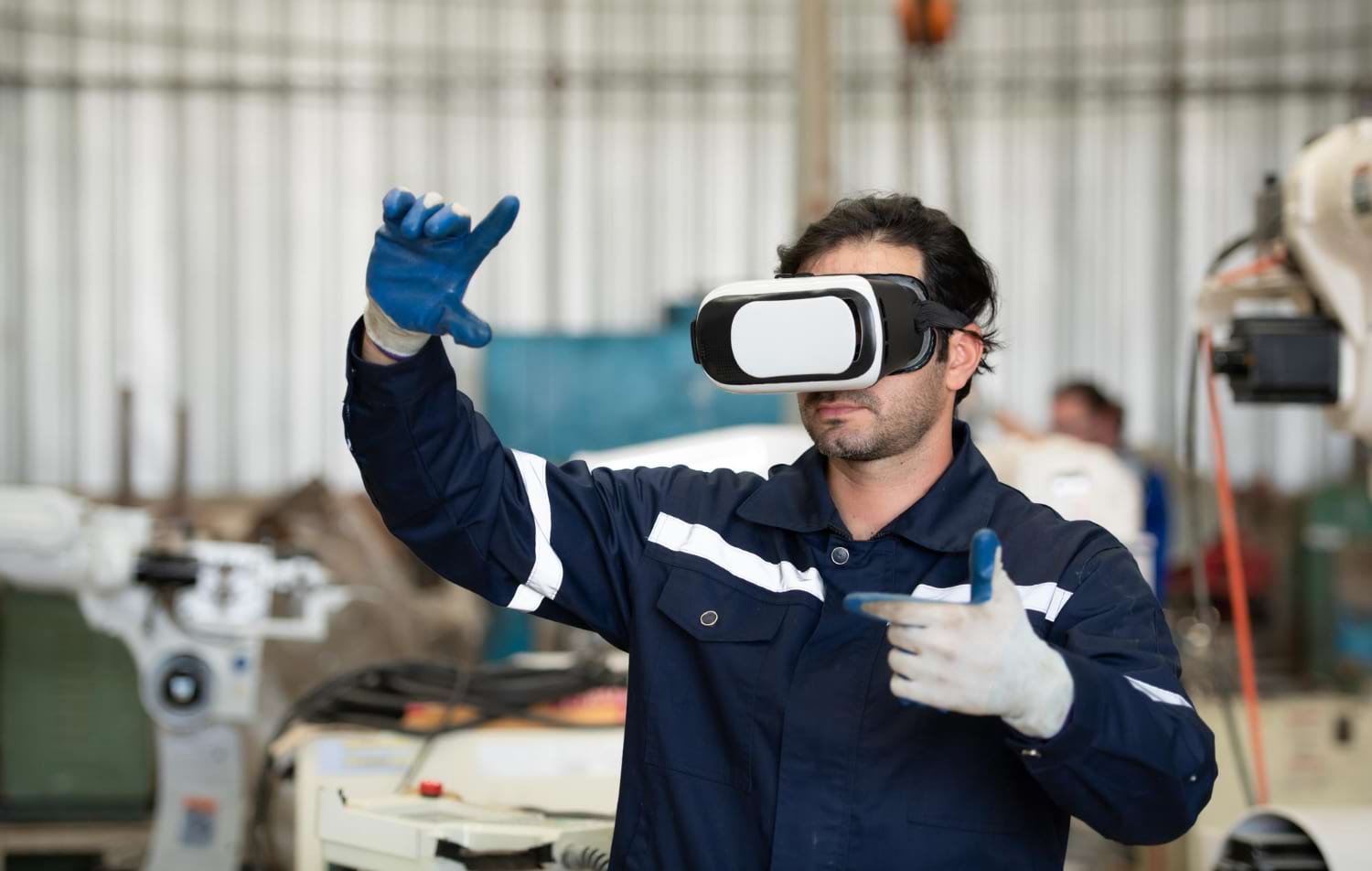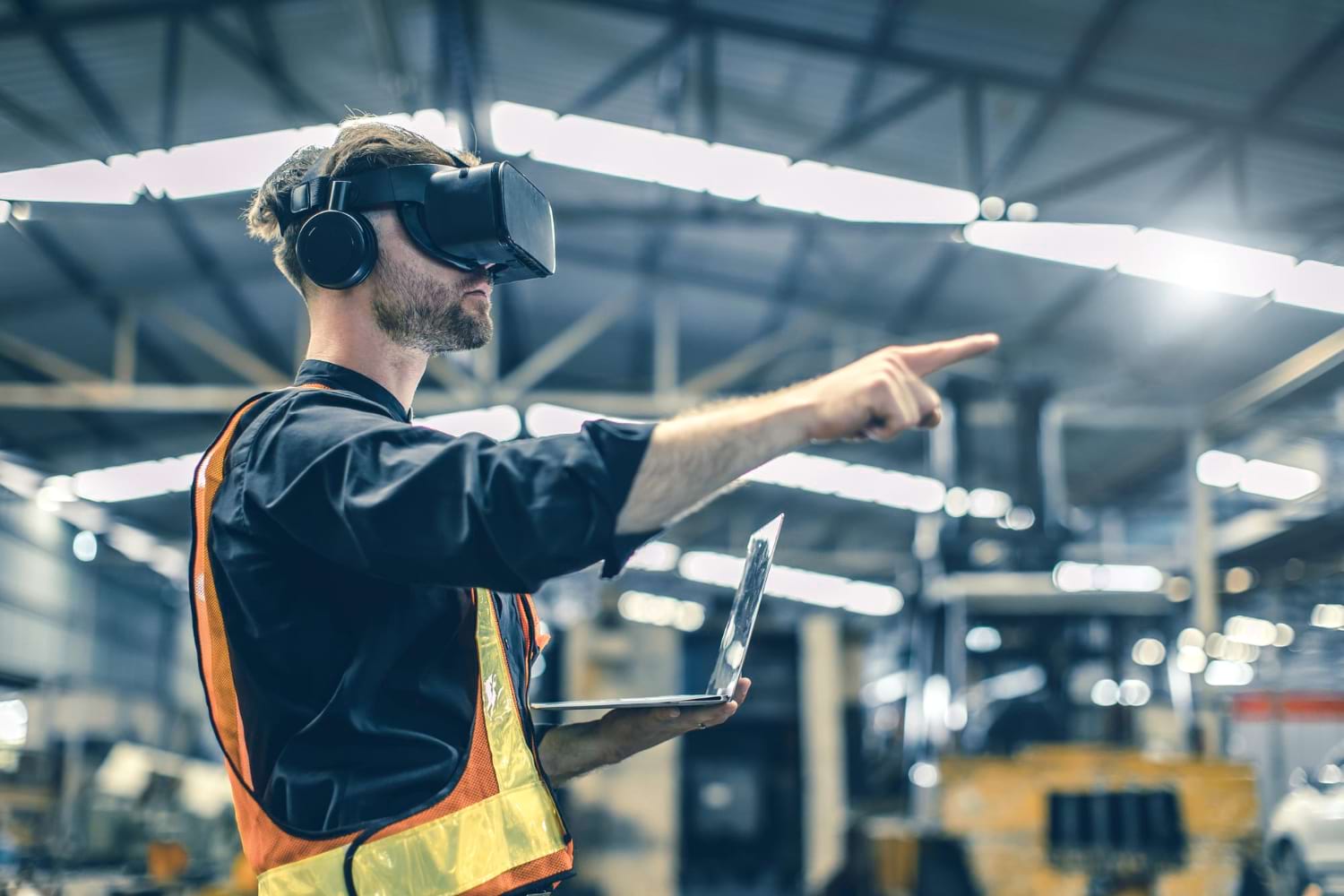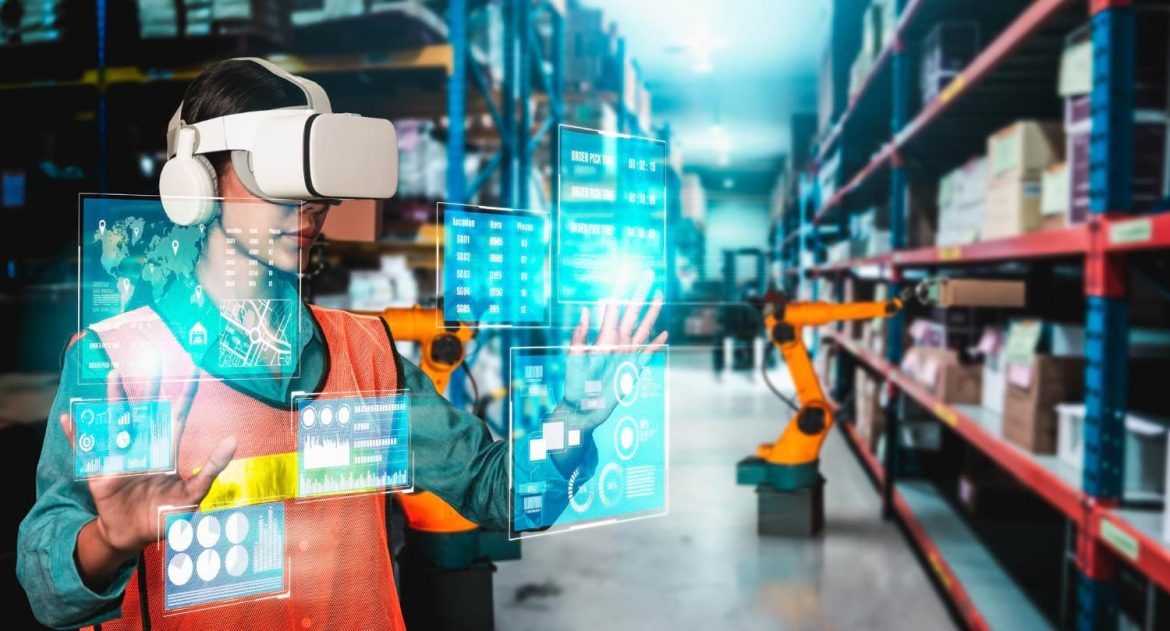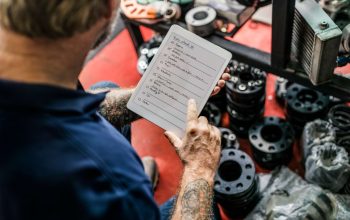Virtual auditing has emerged as a transformative tool in modern industries, allowing organizations to conduct audits efficiently and effectively without the need for physical presence. The rise of advanced technologies, such as 360° video and virtual reality, has paved the way for remote inspections that are just as thorough and reliable as their on-site counterparts.
Conduct Audits in Real Time with 360° video. Remote participants in Avatour meetings can freely explore the 360° panoramic view, for an enhanced understanding of the site or location. This technology enables auditors to conduct comprehensive evaluations, ensuring that processes meet regulatory standards while saving time and resources. The benefits of virtual auditing extend to various industries, including manufacturing, healthcare, and compliance-driven sectors.

How Virtual Auditing Works
At its core, virtual auditing leverages high-definition 360° video technology to provide real-time visuals of a site or process. Remote participants, such as auditors, inspectors, or quality assurance personnel, can log into an online meeting platform like Avatour, which supports 360° video capabilities. The unique feature of virtual auditing is that participants are not limited to passive viewing; they can actively explore the environment through the panoramic view provided by the 360° cameras. Allow auditors to conduct quality checks remotely, offering a real-time view of the production processes, materials, and finished products. This interactive component enhances the auditing experience, allowing for a more detailed inspection compared to traditional video conferencing tools.
Virtual auditing goes beyond simply viewing; it allows auditors to assess workspaces, facilities, and equipment to ensure they meet the required health, safety, and quality standards. By conducting these evaluations remotely, organizations can reduce travel costs and downtime while still ensuring compliance with regulatory requirements.
The Advantages of Virtual Auditing for Businesses
The advantages of virtual auditing are multifaceted, offering both operational and financial benefits for businesses. One of the most significant advantages is the ability to remotely audit and evaluate facilities and workspaces to ensure compliance with health and safety regulations. This capability is particularly valuable for companies with multiple locations, as it eliminates the need to send auditors across different sites. Additionally, virtual auditing can be scheduled more flexibly, enabling real-time assessments without waiting for on-site availability.
Another advantage is the ability to document and archive the audit for future reference. The 360° video can be recorded, providing an exact visual record of the site at the time of the audit. This is especially useful in industries like manufacturing, where materials and finished products must meet strict quality control standards. Virtual auditing allows businesses to revisit the footage to resolve disputes, clarify findings, or demonstrate compliance during external reviews.
Real-Time Insights and Decision Making
One of the primary reasons why virtual auditing has gained traction is its ability to provide real-time insights. During an audit, the auditor can identify issues, raise concerns, and request additional views or information instantly, thanks to the interactive nature of 360° video technology. This immediacy allows for quicker decision-making, which can be critical in industries where delays could lead to costly downtime or non-compliance with regulations.
For example, in a production setting, virtual auditing enables quality checks to be conducted during the production process, reducing the risk of defective products reaching the market. Auditors can immediately spot inefficiencies or potential hazards and suggest corrections before they become bigger problems. The capability to conduct real-time audits also promotes greater accountability within the workforce, as employees are aware that their work can be reviewed at any moment, even remotely.

Ensuring Compliance Through Virtual Auditing
Compliance with industry regulations and standards is a critical concern for businesses across various sectors. Whether it’s ensuring that health and safety regulations are met or confirming that manufacturing processes adhere to quality standards, virtual auditing offers a streamlined solution. Remotely audit and evaluate facilities and workspaces to ensure compliance with health and safety regulations. With virtual auditing, companies can conduct frequent checks without the logistical challenges of scheduling in-person visits, which is especially valuable in times of travel restrictions or when dealing with geographically dispersed facilities.
Author Profile

Latest entries
 Home & GardenSeptember 25, 2025Ventilazione moderna: efficienza e design negli edifici
Home & GardenSeptember 25, 2025Ventilazione moderna: efficienza e design negli edifici TechnologyJune 22, 2025Modern Air Quality Monitoring Technologies
TechnologyJune 22, 2025Modern Air Quality Monitoring Technologies Health & BeautyMay 28, 2025Trakční klece jako součást moderní rehabilitační terapie
Health & BeautyMay 28, 2025Trakční klece jako součást moderní rehabilitační terapie TechnologyApril 20, 2025Why High-Ticket Businesses Need a Reliable Merchant Account for Stripe
TechnologyApril 20, 2025Why High-Ticket Businesses Need a Reliable Merchant Account for Stripe




